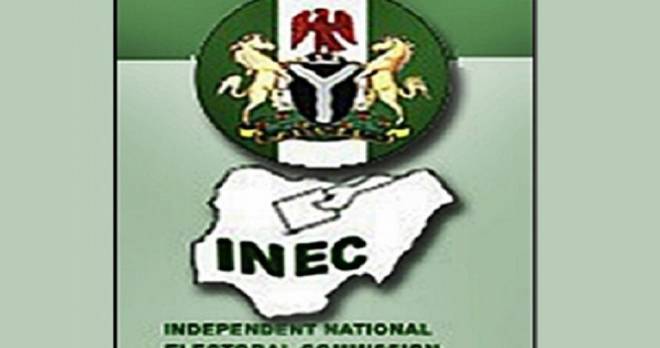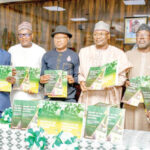The Independent National Electoral Commission (INEC) has begun the deployment of both sensitive and non-sensitive electoral materials in the states.
The National Commissioner and Chairman, Information and Voter Education Committee of INEC, Festus Okoye, disclosed this on Wednesday in Abuja at an interactive session with newsmen covering the commission.
According to him, this is an assurance to Nigerians of the commission’s readiness for the general elections.
“As at today (Wednesday), the various zonal stores of INEC have taken possession of the non-sensitive materials. Some have been delivered to the states and even local government offices. Some of these non-sensitive electoral materials include ballot boxes, voting cubicles, writing materials and others.
“The generating sets that will be used in the various registration areas have also been delivered to them.
“On the basis of that, we have asked the Resident Electoral Commissioners RECs to beef up security in the various local government offices because some of these offices have started receiving the non-sensitive materials for the conduct of the elections.
“Secondly, the central banks in the various states have started receiving the sensitive materials for the various states. These sensitive materials include ballot papers and result sheets.
“The elections are just few days away and if the states have not started receiving these materials then it means we are not a serious commission,” he said.
On the PVCs that were burnt in Abia State, Okoye said Nigerians should express outrage at that because the commission believed that the nation should have passed that phase of burning offices.
“We have asked the REC to synergize with security agencies to beef up security around the offices and work to track the perpetrators. INEC has also asked the REC to compile a list of the owners of all the burnt PVCs and forward to the commission.
“If it is possible within the available time to reprint the PVCs before the elections, the commission will reprint those PVCs and find a way so that the people who own these PVCs and who are ready to collect those PVCs do come forward and collect them,” Okoye said.
He also explained why INEC is insisting on the use of simultaneous accreditation and voting, saying it took the decision having consulted with political parties.
Daily Trust reports that majority of the opposition parties opposed the simultaneous accreditation and voting for this year’s elections.
But Okoye said it was the parties that actually started the process of the policy with their formal submissions to reverse the over two million voters who they said were accredited in 2015 elections but failed to return to cast their votes.
He said this and other local and international observers, among many other advices given to INEC led to series of processes that led the commission to adopt the policy.

 Join Daily Trust WhatsApp Community For Quick Access To News and Happenings Around You.
Join Daily Trust WhatsApp Community For Quick Access To News and Happenings Around You.


